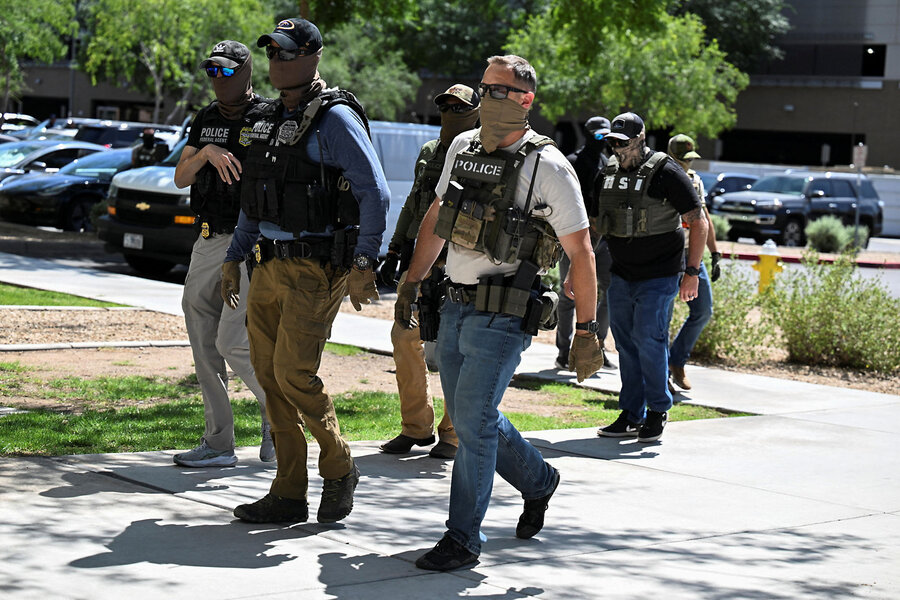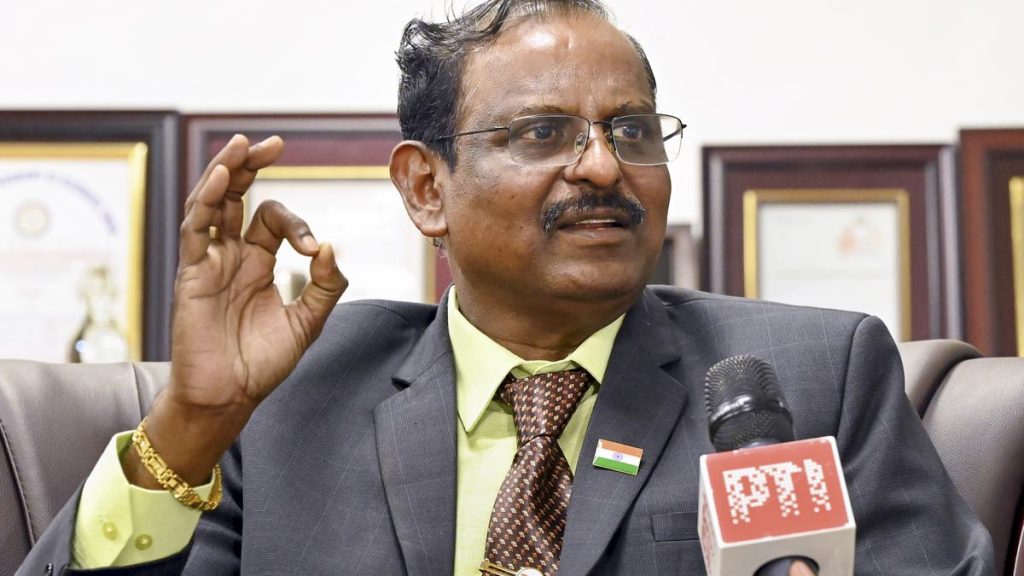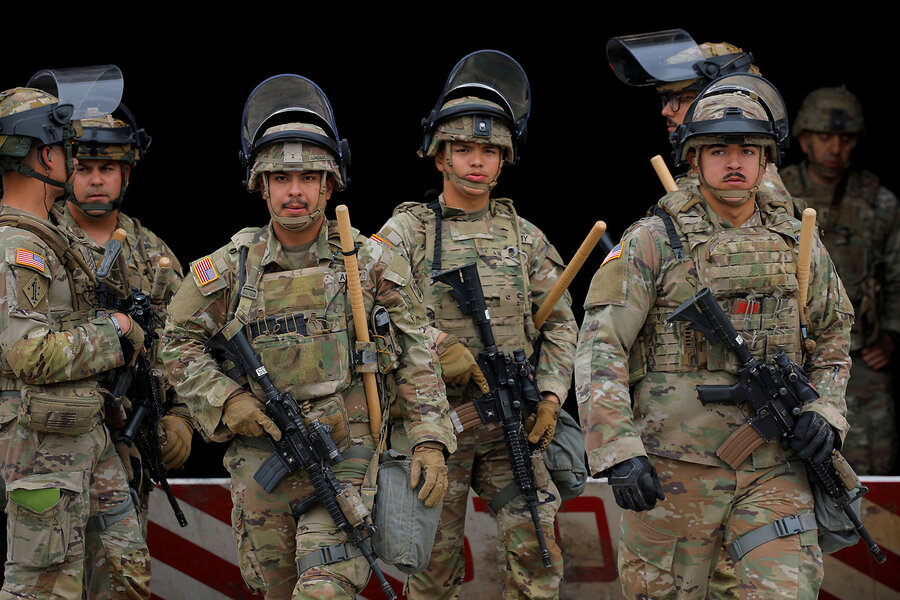Now Reading: Debate Flares Over ICE Agents Wearing Masks: When Is Face Concealment Justified?
-
01
Debate Flares Over ICE Agents Wearing Masks: When Is Face Concealment Justified?
Debate Flares Over ICE Agents Wearing Masks: When Is Face Concealment Justified?

Speedy Summary
- U.S.Immigration and Customs Enforcement (ICE) agents are increasingly wearing masks during arrests, leading to confusion and criticism.
- Critics argue that masked agents diminish accountability and cause fear, with some likening the practice to “secret police” tactics.
- ICE defends the practice, citing a reported 413% increase in assaults on officers. Acting director Todd Lyons states it helps shield agents and their families from threats.
- Legal concerns have been raised regarding the Fourth amendment, as critics say concealed identities complicate due process during arrests.
- There is precedent for law enforcement using face coverings in undercover work or civil disturbances; however, its use in standard immigration enforcement has drawn scrutiny.
- Recent court rulings have restricted certain practices by ICE but generally allow face coverings under specific conditions.
- Politicians are divided: Some democrats call for clearer identification of officers during operations, viewing this as a transparency issue. Some Republicans prioritize agent safety and propose laws to restrict doxxing of federal officers.
Indian Opinion Analysis
The controversy over ICE agents wearing masks highlights a delicate balance between ensuring officer safety and maintaining public trust through transparency. From an Indian perspective-where balancing security needs with community trust has been a recurring theme in governance-this underscores complexity in law enforcement policies.
Masked officials operating without visible identifiers could lead to reduced public confidence in government institutions globally if not carefully managed. For India too, where debates about surveillance and police reforms occur frequently, such developments serve as a reminder of the importance of safeguards that ensure both security personnel’s protection and citizens’ rights under constitutional frameworks.
























